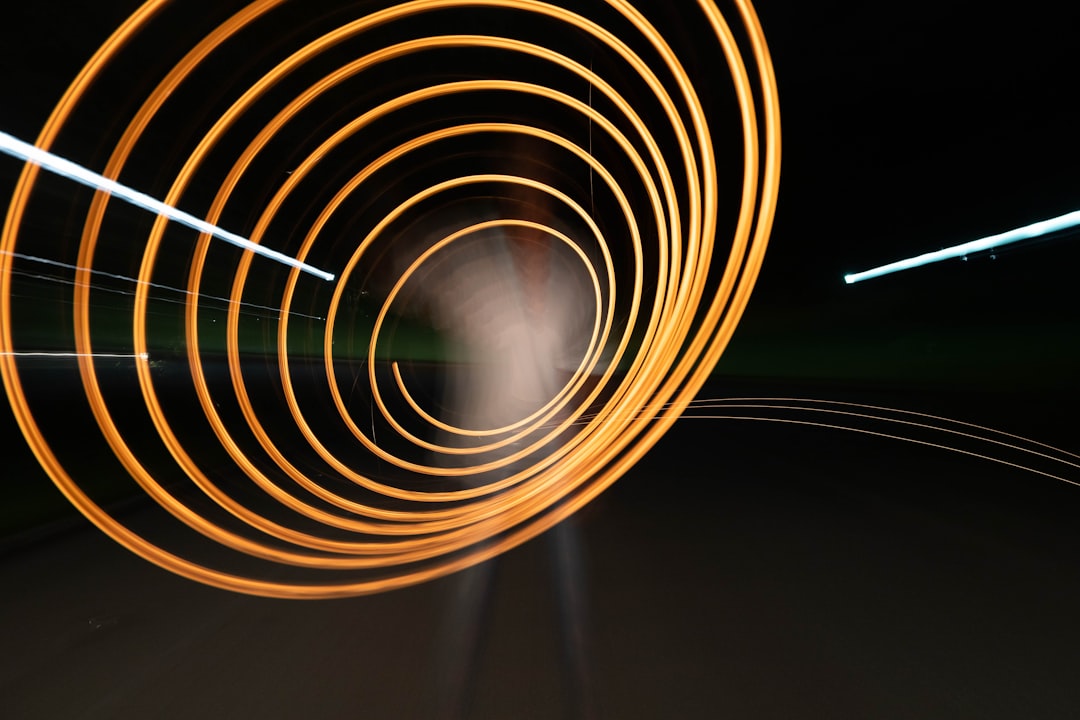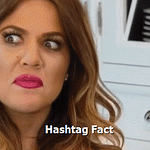ASSUMED AUDIENCE
those seeking to recover a coherent identity in the midst of accelerating time and distracting, fracturing technologies
This newsletter is free to all and is sustained by the patronage of those who value the work and have the means to support it on a monthly or annual basis. If you just liked this issue and want to leave a tip, you can do so here.

8 Curations for July 2023
I’m still sitting with last month’s curations for the most part, so I don’t want to move on too quickly from engaging with the ideas I’ve encountered there. That said, I did want to introduce some new ones into the mix that might be helpful in moving the conversation forward. Here’s what’s on my eyes, ears, and mind this month.
Social Acceleration: A New Theory of Modernity, Hartmut Rosa - Ch. 10 “Situational Identity: Of Drifters and Players”
This was interesting. Obviously. Rosa suggests that, in late modernity, our “self-relations” (i.e., identities) require navigating a constant tension between 1) continuity and coherence and 2) change and flexibilization. We are always trying to retain a sense of who we are in the midst of splintering and destabilization. That’ll do something to ya, fo’sho.
The Church After Innovation, Andrew Root - Ch. 3 “Hungry, Hungry Markets: Workers in Contradiction, Children in Consumption”
Root traces some of the tensions and dichotomies within capitalism and how different generations navigate the effects of economists, politicians, and policy wonks applying free market and neoliberal economic theories to the rest of us. We are heirs of a generation who somehow made a life by reconciling the irreconcilable: puritan duty and hedonistic consumption. No wonder we all need therapy.
Is Google Making Us Stupid?, Nicholas Carr (2008)
I remember when this article came out, and I have to say, I think the title is unfortunate. Carr’s argument is far more nuanced than “teh interwebs harshes our flow, man.” He really did anticipate many of the questions and concerns that are front and center for so many of us fifteen years down the road. I’m particularly interested in how he explores the ways in which our tools and technologies shape how we think, what we focus on, and even how we talk about ourselves.
To see “justly and lovingly”: What did Iris Murdoch mean by attention?, Christopher Cordner
I remember reading several of Iris Murdoch’s novels when I was younger, but I’ve never explored her philosophical writings. This article was a helpful introduction into a key aspect of Murdoch’s philosophy: that attention is a form of love. Specifically, that loving attention requires giving the object of that attention our time, our presence, and the willingness to discover reality together.
The Age of Distraction: Reclaiming Attention From Tech, by James Williams
Not to be confused with nineteenth-century philosopher William James (who he quotes! or is it whom? Grammarians, help!), this essay is super-fascinating. Williams, who used to work at Google, argues that the “age of attention” is really about an intentionally-designed economy of distraction, which in turn undermines democracy and civil functioning. He goes on to suggest some areas and ideas for reform, but his exploration of attention, distraction, and desire is where it’s at (for me, anyway).
Remixing Religion with Tara Isabella Burton, Truth Over Tribe (podcast)
If there was ever a title/episode more geared toward getting me to click it faster than a hummingbird, it’s this one. Interesting, thoughtful, insightful: all the boxes, check!! I borrowed Burton’s Strange Rites from the library, started reading, and immediately bought my own copy. I knew I’d need a lot more time than the library loan allowed to really get into this book. I pre-ordered her book Self-Made: Creating Our Identities from Da Vinci to the Kardashians, cuz I mean…hello?! You can bet these books will be showing up here in the future.
The Lincoln Lawyer (Netflix)
I’ve never read the books on which this show is based, nor did I ever see the Matthew McConaughey film. So I had zero expectations coming into this show, and holy wow, it’s good. I was hooked after the first episode and spent the weekend binging the series. If you like twisty legal and personal dramas, this one’s worth checking out.
David: The Divided Heart, Rabbi David Wolpe (video)
As part of my other work, I encounter so many fascinating resources about Christianity and Judaism, like this video. I grew up in Protestant Christian churches, and if there was one person out of the whole of scriptures that pastors loved to preach on, it’s King David. I remember hearing another parishioner mutter one time, “God sure loves him some David.” And it’s true. This dude’s dysfunctional history is probably as familiar to me as my own, and as so often happens, that familiarity blunted or obscured the sheer what-the-fuckery of his life. A shepherd, musician, schemer, murderer, an adulterer and likely rapist, lover, father, king, man. Of everyone we meet in the Hebrew and Christian scriptures, David is the only one described as one “after God’s own heart.” Rabbi Wolpe’s lecture explores and illuminates why that might be.
2 Videos for July 2023
I made two more videos! Have you subscribed to my YouTube channel yet so you don’t miss them?
Both videos explore simple but significant practices that can help us train our attention. These practices do so by slowing us down, seeing what exists, and taking the time to “get to know” the commitments, thoughts, and emotions that comprise the substance and rhythms of our lives.
How to Practice Commitment Care So You Can Act Effectively
When we say yes to a project or event or relationship, we’re making a promise: to ourselves and to others. We’re saying, “I’m showing up and providing what I can to make this desired result a reality.” But when we have too much on our plates, when we’re not aware of what exactly our commitments are, it’s all too easy to break that promise. It’s all too easy to not show up, to not be present to our people and the moments that make up our lives.
That’s why I’m sharing the idea of “commitment care” as a way to act effectively by creating a commitment map. This high-level view gives us a chance to see the landscape of our commitments and determine which ones receive our attention in this season of life. This practice can help us be more balanced and effective, because we know we’re doing the right things at the right times for the right reasons. And, we also give ourselves the space and freedom to show up and keep our promises to ourselves and to others.
Adapting BuJo Method to Collect Daily and Weekly Journals (July 20)
If you’ve ever encountered bullet journalling, you might have seen fancy spreads with beautiful calligraphy, artwork, stickers, and so on. If you’ve ever tried bullet journaling this way, you might, like me, have failed miserably. But last year, I read the actual book The Bullet Journal Method by Ryder Carroll and learned the actual purpose and method of bullet journaling (or BuJo, as it’s called). And let me tell you, it’s so much simpler and far more powerful than the fancy spreads lead one to believe. While I love Notion and use it to accomplish most things in my life, I collect my actual daily and weekly journals by hand. Collecting my thoughts this way helps me slow down, decide if this thought, this note is really worth using the ink in my pen on the precious little space I have.
So, in this video, I wanted to separate the collection from the reflection and investigate how we can create a clear channel for documenting and finding what we need later. By following a consistent template for collecting our days and weeks like this, we’re able to see patterns and progress over time, because we’ve built a a consistent form or container for the substance of our reflections. This then helps us review that substance so that we can evaluate our progress, consider what we’ve learned and what we might want to change going forward.
Let’s be hopeful, creative, and wise—together.
Shalom,
Megan.












Share this post